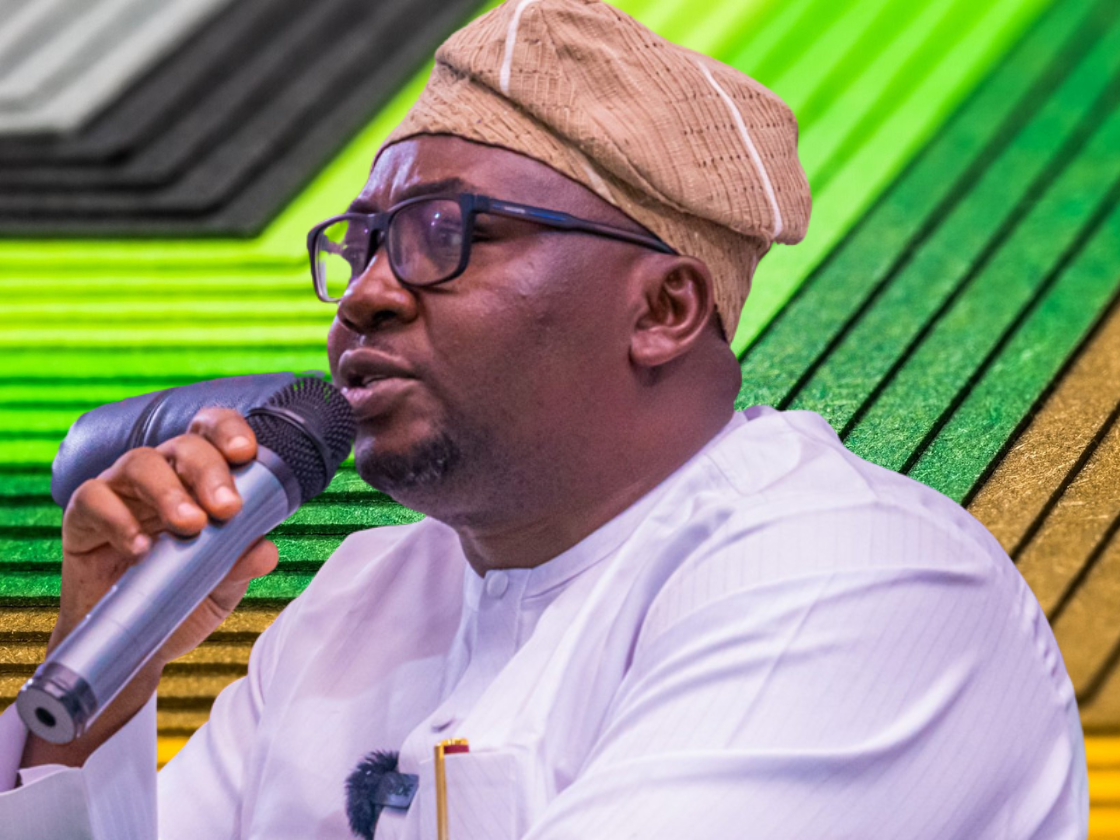KEY POINTS
- Federal Government to deploy 1.1 million prepaid meters across Nigeria by December 2025
- Plan forms part of broader Presidential Metering Initiative aimed at closing Nigeria’s metering gap
- Over $2 billion mobilised through global partnerships to boost renewable energy and electricity access
The Federal Government has secured about N700 billion from the Federation Account Allocation Committee (FAAC) to fund the installation of 1.1 million electricity meters nationwide by December 2025, as part of efforts to bridge Nigeria’s long-standing metering deficit.
The Minister of Power, Adebayo Adelabu, made this known on Tuesday in Lagos at the 2025 Nigerian Energy Forum themed “Powering Nigeria through Investment, Innovation, and Partnership”.
He explained that the initiative falls under the Presidential Metering Initiative (PMI), a comprehensive strategy designed to promote transparency, strengthen revenue assurance, and eliminate the culture of estimated billing that has plagued the power sector for decades.
Adelabu noted that the PMI complements the ongoing procurement of 3.2 million meters under the World Bank-backed Distribution Sector Recovery Programme (DISREP), which together are expected to help bridge the country’s metering gap within the next five years.
Government banks on foreign partnerships to expand power access
The minister disclosed that the government is relying heavily on bilateral funding and development finance to stimulate private investment and expand access to electricity in underserved communities, schools, hospitals, and public facilities.
He said more than $2 billion has already been raised over the last two years through programmes including the World Bank’s DARES, the Nigeria Sovereign Investment Authority’s Renewable Infrastructure Programme for Low-Emission (RIPLE), and the Japan International Cooperation Agency (JICA) fund.
These funds, he said, are critical to accelerating Nigeria’s transition to renewable energy and ensuring reliable electricity supply.
Adelabu further revealed that agreements signed during the 2025 Nigerian Renewable Energy Innovation Forum will enable the establishment of new manufacturing lines that could add nearly four gigawatts of solar production capacity each year — equivalent to around 80 per cent of Nigeria’s current generation capacity.
“With this level of renewable production, Nigeria is on course to meet its domestic energy transition goals and position itself as a key player in regional power markets,” he said.
The minister also highlighted how the Electricity Act 2023 has reshaped the sector by granting states the power to regulate their own electricity markets. According to him, fifteen states have already received regulatory autonomy, with one operating a fully functional subnational electricity market.



